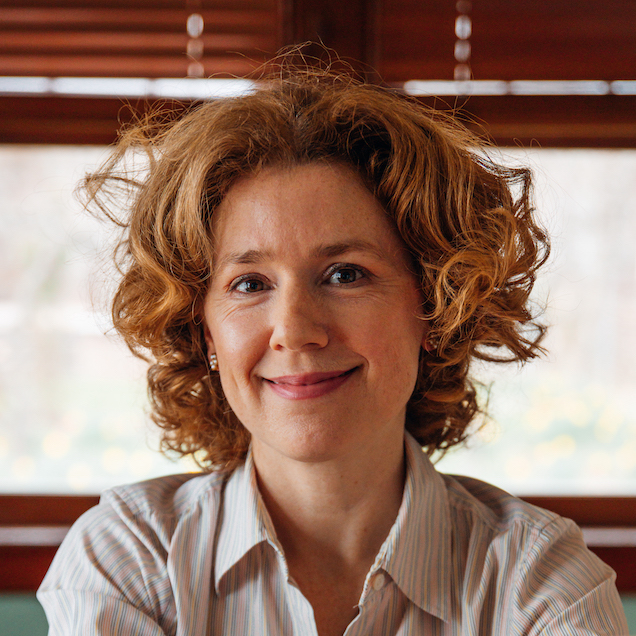Notes CFP: Digital Humanities and Music Pedagogy
The idea of this special issue on digital humanities was first suggested to me by my friend and colleague, Jonathan Sauceda, who is the incoming general editor of Notes. We had worked together with Anna Kijas on a broader call for papers on the methodologies of music research a few years back for the annual meetings of the Music Library Association and the Society for American Music. At that time, we heard many thoughtful papers from colleagues like Bonna Boettcher, Timothy Duguid, David Hunter, Eduardo Herrera, Ellie Hisama, and Carol Oja, some of whom we hope to convince to respond to this updated call focusing on one particular aspect of what was then discussed: the influence of digital methodologies on the formation of music researchers. After integrating his helpful suggestions and comments, I am delighted to share the following call.
Call for Papers | Special Issue of Notes on “Digital Humanities and Music Pedagogy” | Deadline: September 18, 2020
We invite submissions to a special issue of Notes entitled “Digital Humanities and Music Pedagogy” that will explore the current state of thought and practice at the intersections of the digital humanities and social sciences, music information, and graduate, undergraduate, and continuing education in music. The goal of this issue is to better understand the influence of digital methodologies on the formation of music researchers. To that end, we aim to explore current cross-disciplinary work where information specialists, technicians, ethnomusicologists and musicologists, theorists, performers, and composers strive in tandem to construct learning environments in which new questions, different interpretive angles, wider contextual frames, and humanizing influences are brought to the fore in musical study.
We encourage the following types of submission:
- Short, 2,000 to 4,000 word position papers on the ways in which the methods, techniques, and collaborative infrastructures of the digital humanities and social sciences further pedagogical work in music, in and outside of the academy
- Research articles of up to 10,000 words exploring case studies, best practices, theoretical approaches, and critically examined experiments in digital methods and forms of presentation with students in music and music librarianship
Topics of interest include, but are not limited to:
- Explorations of the implications of the digital humanities and social sciences for the current and future study of music
- The intersections of the human and the digital in music study, including constructions of personal and social identity along the lines of gender, race, ethnicity, sexual orientation, class, disability, religion, nation, and age
- Examinations of labor equity, power, and precarity in digital humanities/digital musicological pedagogy
- (Re)examinations of our approaches to music pedagogy and to the digital at moments of global or local crisis, trauma, and uncertainty, including the COVID-19 pandemic.
- Digital humanities and digital social science in the music classroom as an incubator for student-, librarian-, or faculty-led digital projects
- Challenges and obstacles to the adoption of digital modes of analysis and presentation among music students, scholars, and librarians, within the library or the academy
- Digital pedagogical approaches that center student research questions and foster the creation of student communities of practice
- Critical approaches to the curation, analysis, presentation, and preservation of music data and metadata that excavate and make manifest embedded assumptions and biases
- Pedagogical explorations of models of music data and of music information systems that reveal the seams of their construction and the tensions of part versus whole
Manuscript submissions are due September 18, 2020. Questions and expressions of interest may be sent to the guest editor, Francesca Giannetti, Digital Humanities Librarian at Rutgers University–New Brunswick, at fg162@rutgers.edu. For details on citations, figures, and formatting, please see “Information for Contributors”.

Comments